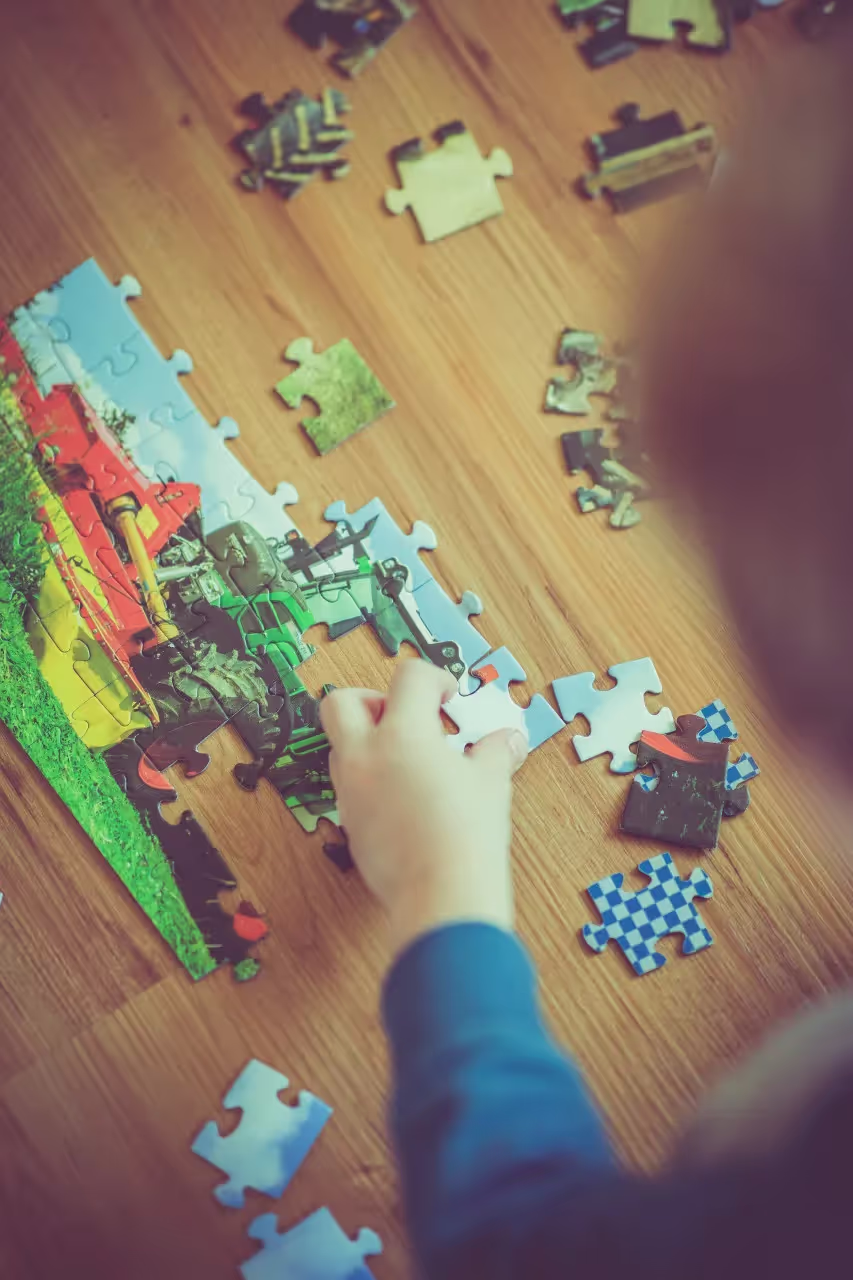Running, catching, great emotions, and loud laughter are things that happen during play. Instead of seeing these, you may see dirty clothes, injuries, and a...

Running, catching, great emotions, and loud laughter are things that happen during play. Instead of seeing these, you may see dirty clothes, injuries, and a lack of time for academic pursuits, leading you to stop your child from playing. However, if you want to support your child to build their mental well-being to a fantastic level while enjoying love as they grow, you should let your child play. Play offers many benefits for children, and you should not prevent your child from enjoying them. While playing, your child will learn emotional intelligence from interactions with other people. Since they have to communicate with others, form teams, and create relationships for future play, they will need the skill to understand other people's emotions. Moreover, if you involve yourself in play with your child, you will be sure to enjoy a better relationship with them. They will love you more, trust you more, and will be willing to tell you more about themself.
Explore the reasons why you should let your child play:
As in every form of play, children will learn and hone different life skills. One of such crucial life skills that can be learned in every play that involves multiple people is emotional intelligence. When you let your child play with other people, they will be bound to learn this skill due to the need to communicate with people. By learning this skill, your child will be able to translate it into self-awareness. Since they can navigate other people's feelings, they will be able to replicate the same in their own emotions to figure out why they act like they do. Similarly, they will develop empathy, allowing them to understand others and put themself in their shoes. The possession of empathy will make people feel safe and secure with them. Emotional intelligence will also help them motivate themself accordingly. Through the understanding they have gained of themself, they will know the things that make them trick and learn how to use those things to encourage themself to achieve their goals.

By engaging in play with your child, you will be spending more time with them. The time will translate into a tighter bond with them, allowing the parent-child connection to deepen with love. The tight bond will make it easy for them to trust you forever, allowing them to easily talk to you when they have issues. Also, since they have learnt to build a quality relationship with you, they will find it smooth to replicate such with other people they meet in their life. They will equally understand their emotions more. As parents and mature adults who have many years of emotional training, you will be better at managing your emotions. Your emotional management will rub off them because you are close, leading to them being able to regulate their emotions properly. Moreover, they will be able to maintain optimism in situations they find themself. This confidence usually comes from the stories you have told them about your childhood. Since you survived all the trouble you were in, they will be sure they can also survive theirs.
Play allows your child to learn creative and scientific methods to solve complex problems. Be it playing with their friends or you, you should let your child play if you want them to develop the parts of their brain that deal with solving problems. By engaging in play and learning to solve complex problems, they will excel at academic performance. Problem-solving is a transferable skill that will help them see problems at school as the same as problems during play. Furthermore, they will have more self-confidence. When they solve problems regularly during play, they will trust their skills better, allowing them to use their confidence to solve a significant part of social problems, before even working on them. Also, their problem-solving skills will be useful when they are old enough to get jobs. Every job involves problem-solving and it is sure that the skills will be better harnessed by someone who has honed their skill from their childhood.

Stable relationships can be developed during play through the interactions kids have with each other. While playing, they will subconsciously drift to each other on the basis of similarities in likes and principles. You should let your child play so they can enjoy the benefits of having stable relationships. In stable relationships, your child will enjoy the increased happiness and adventure friends can bring to their life. They won't feel lonely and bored when they are back from school. Since they have like-minded friends, they will spend time with them in happiness. Similarly, your child's stable relationships can help you too. Since your child now has supportive friends to talk to and play with, they won't solely depend on you for their emotional needs. Also, they will have another source of socialization. With their multiple friends, your child will find it easy to solve problems. Multiple heads can generally brainstorm more ideas and pick the best better and faster than one head. Thus, your child will have people to help them solve issues.
When children are stressed, they may begin to throw tantrums, get moody, or cry heavily. If you want to prevent such reactions and have them reduce their stress, you should let your child play with friends or family. When playing with friends, your child may be involved in physical activities that include lots of movement. Running or jumping will help your child take their mind off the stress bothering them since they will totally forget it. If the play involves building items, they may lose themself in sensory meditation. This happens when they are focused on the feel of the objects and they subconsciously block out all thoughts, leaving only the object in the mind. If the play involves imaginative roles or storytelling, it can help your child reduce stress by immersing them in the story. They won't have the presence of mind in this reality due to their mind being consumed by the story they are listening to or role-playing.
If you want to offer emotional support to your child and develop their mental well-being adequately, you should let your child play. Play can help them learn emotional intelligence, bond better with you, learn to solve complex problems, build stable relationships, and reduce stress.
https://www.latrobe.edu.au/nest/why-emotional-intelligence-makes-you-more-successful/
https://chriskresser.com/10-benefits-of-play/
https://www.betterhealth.vic.gov.au/health/healthyliving/Strong-relationships-strong-health
https://connectability.ca/2010/09/23/calming-strategies-to-use-with-children/
Help your child by providing support and guidance, using positive language, highlighting the progress they have made, breaking down the challenge into smaller steps, and motivating them with positive affirmations.